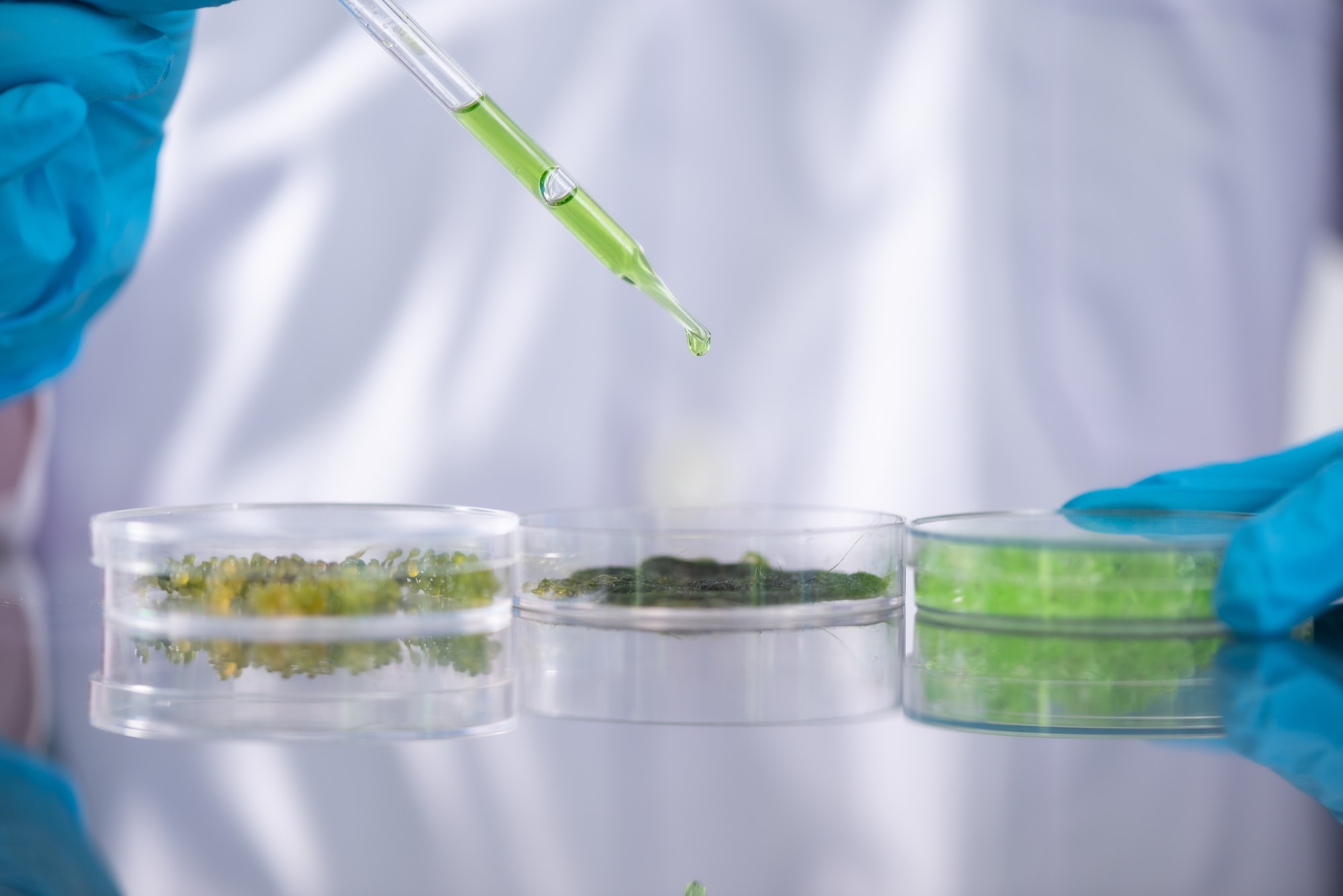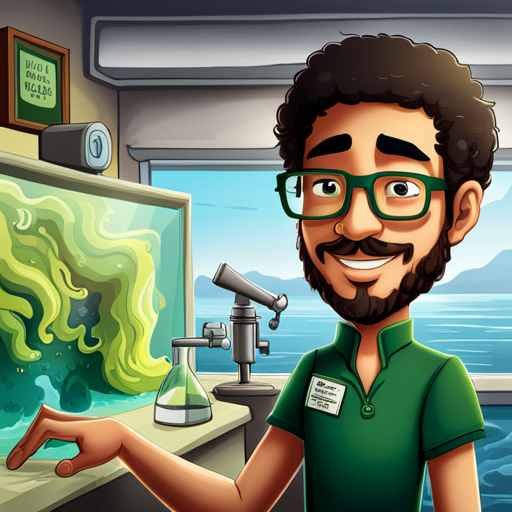The global race to find sustainable and renewable energy sources has led researchers to explore the potential of algae bioenergy. Algae, specifically microalgae, have the ability to grow rapidly and efficiently convert sunlight, water, and carbon dioxide into biomass. This biomass can then be processed into various forms of bioenergy, such as biodiesel, bioethanol, biogas, and biohydrogen. As a result, many advanced technologies are being developed for microalgae cultivation and harnessing the power of algae bioenergy.
One of the most promising technologies in microalgae cultivation is the use of photobioreactors (PBRs). PBRs are closed systems that provide a controlled environment for optimal algae growth. They can be designed in various configurations, such as tubular, flat panel, or column PBRs. The primary advantage of using PBRs is the ability to maintain a high level of control over factors like light exposure, temperature, nutrient supply, and gas exchange. This allows for higher growth rates and improved biomass production compared to traditional open pond systems.
Another advanced technology in microalgae cultivation is the use of genetically modified strains. Genetic engineering techniques can be employed to enhance specific traits in microalgae species that are desirable for bioenergy production. For example, researchers have developed strains with increased lipid content, which can lead to higher yields of biodiesel. Additionally, modified strains can be more resistant to environmental stressors or pathogens, ensuring a more stable and reliable biomass production.
In addition to improving cultivation methods, advancements in algae processing technologies also play a crucial role in harnessing the power of algae bioenergy. One such technology is hydrothermal liquefaction (HTL), which converts wet algal biomass directly into bio-oil without requiring prior drying. This process involves subjecting the biomass to high temperatures and pressures in the presence of water, resulting in the breakdown of complex organic molecules into simpler compounds. The bio-oil produced can then be further refined into various biofuels, such as biodiesel or biojet fuel.
Another promising technology for algae processing is anaerobic digestion (AD). In this process, microorganisms break down the organic matter in algal biomass under anaerobic conditions, generating biogas as a byproduct. The biogas, which mainly consists of methane and carbon dioxide, can then be purified and used as a renewable energy source. AD has the advantage of being a well-established technology already used in the treatment of various organic wastes, making it easily adaptable for algae biomass processing.
Apart from these technologies, researchers are also exploring the potential of integrating different algae processing steps into a single biorefinery approach. This concept aims to maximize the value obtained from algal biomass by producing multiple products, such as biofuels, chemicals, and other valuable materials. For example, one study demonstrated the production of biodiesel, biogas, and biochar from microalgae biomass in a sequential process. Such integrated systems can help improve the overall efficiency and economic viability of algae bioenergy production.
In conclusion, advanced technologies for microalgae cultivation and processing are essential to harnessing the power of algae bioenergy. Photobioreactors, genetically modified strains, hydrothermal liquefaction, anaerobic digestion, and integrated biorefinery approaches are just a few examples of the innovative methods that can help unlock the full potential of algae as a sustainable and renewable energy source. As research in this field continues to progress, it is likely that we will see even more advanced technologies emerge to further optimize the cultivation and processing of microalgae for bioenergy applications.


